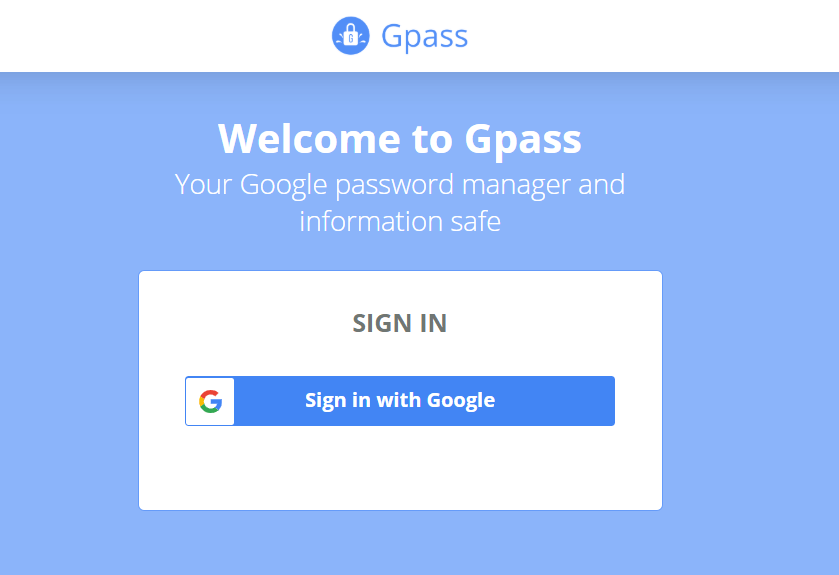

Two screeners will independently review all abstracts, titles, and full-text articles.
BAIXAR GPASS UPDATE
We will conduct a search update from an existing scoping review to identify studies on AI and primary care in the following databases: Medline-OVID, Embase, CINAHL, Cochrane Library, Web of Science, Scopus, IEEE Xplore, ACM Digital Library, MathSciNet, AAAI, and arXiv.

The purpose of this scoping review is to summarize the extent to which AI systems in primary care examine the inherent bias toward or against vulnerable populations and appraise how these systems have mitigated the impact of such biases during their development. Though artificial intelligence (AI) has the potential to augment the patient-physician relationship in primary care, bias in intelligent health care systems has the potential to differentially impact vulnerable patient populations. Widespread adoption will also require the adoption of standard evaluation and reporting methods for health dialog systems to demonstrate clinical significance. These studies evaluated dialog systems in five application domains: medical education (n = 20), clinical processes (n = 14), mental health (n = 5), personal health agents (n = 5), and patient education (n = 2).Ĭonclusion We found that dialog systems have been widely applied to health care however, most studies are not reproducible making direct comparison between systems and independent confirmation of findings difficult. Results Forty-six studies met the inclusion criteria including 24 quasi-experimental studies, 16 randomized control trials, 2 case–control studies, 2 prospective cohort studies, 1 system description, and 1 human–computer conversation analysis. These results were screened for eligibility with the main criteria being a peer-reviewed study of a system that includes both a natural language interface and either end-user testing or practical implementation. Methods A search over PubMed and the ACM Digital Library was conducted on Septemto collect all articles related to dialog systems within the domain of health care. Objectives This review seeks to enumerate opportunities to apply dialog systems toward the improvement of health outcomes while identifying both gaps in the current literature that may impede their implementation and recommendations that may improve their success in medical practice. It’s that simple.Background Health dialog systems have seen increased adoption by patients, hospitals, and universities due to the confluence of advancements in machine learning and the ubiquity of high-performance hardware that supports real-time speech recognition, high-fidelity text-to-speech, and semantic understanding of natural language.
BAIXAR GPASS PASSWORD
BAIXAR GPASS WINDOWS


It's as easy to use as Gmail, Google Calendar, Google Docs. With Gpass, your sensitive information such as passwords, credit cards, codes, etc are organized and easy to find - anywhere, anytime.


 0 kommentar(er)
0 kommentar(er)
